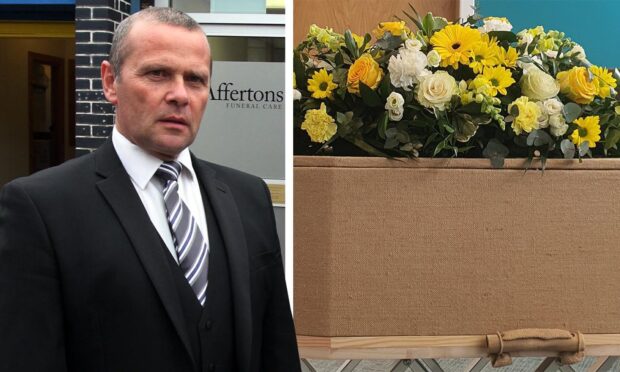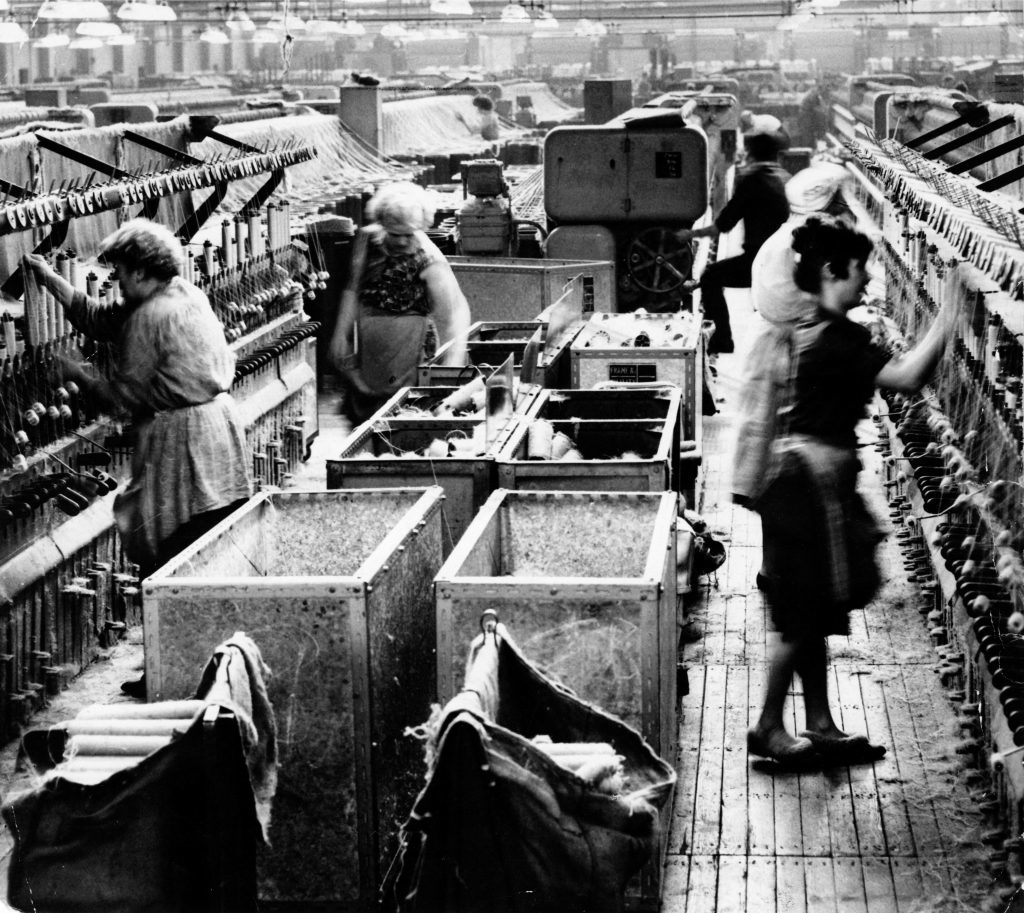Dundee funeral directors Affertons is to offer jute coffins in a nod to the city’s heritage.
The new coffins are designed to have minimal environmental impact and can be used in woodland burials as well as traditional grave ceremonies and in crematoria.
The flat-packed jute coffin is a unique and environmentally conscious option for a final resting place.
Crafted with a sturdy Paulownia timber frame known for its strength, it is draped with premium biodegradable jute fabric.
Jute coffins a nod to Dundee history
Funeral director Paul Craigie said he expects the coffins will be selected by families who have connections to the city’s jute industry.
He said: “We believe these coffins will appeal to people who were connected to the jute industry in some way or who want to celebrate the history of Dundee.
“Of course, they will also appeal to people with no connection to jute as they are designed to have less environmental impact than traditional wooden coffins or even wicker ones.
“There are no metal fixtures and so they are a lightweight alternative to some of the more basic cardboard models.”
Affertons began providing funeral services in Dundee in 2013.
The business initially traded from Clepington Road before a blaze at a neighbouring takeaway in 2020 forced it to move to temporary premises at West Marketgait.
The business then opened new premises in Strathmartine Road in 2022. A satellite office in Fintry Road opened earlier this year.
Dundee’s jute history
The coffins come with durable jute straps and bamboo handles for secure fastening and practicality.
Every component, from the biodegradable materials to the flat-packed design for easy storage and transportation, minimises environmental impact.
For years production of jute, a vegetable fibre, which rivalled cotton in its practical uses, was a major sector in the local economy in Dundee.
In the 19th and early 20th centuries, much of the raw jute fibre of Bengal was exported to be processed in mills of Dundee.
When the industry moved to India at the start of the last century in pursuit of lower production costs and with the development of cleaner, man-made fibres, the industry began to fade.













Conversation